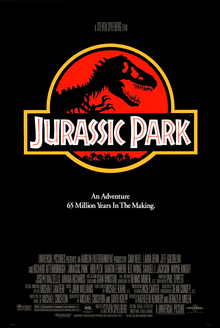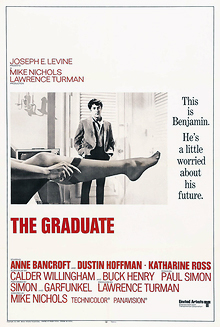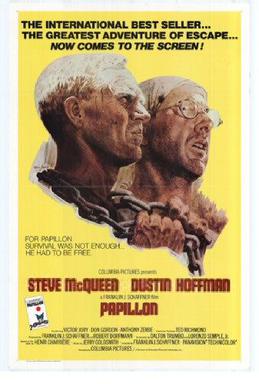 |
| Source: Wikipedia |
It’s after midnight, the older couple drink profusely despite being sozzled from a previous party, and the hosts despise each other and their guests. When somebody brings up the older couple’s son, it spirals into madness.
The title hinges on a bad pun, the first of many of brutally unfunny jokes. Despite the backdrop of a prestigious university, the characters behave like social cripples. The older couple drags the youngsters into their marital spats and faculty politics and semantic squabbles.
Speaking of language, the dialogue is shockingly obscene for the 1960’s. As in, it explicitly references to certain body parts and functions. Fortunately, the younger man is a biologist (no, he's not from the Maths department, nor is he the History department). And he's certainly equipped to explore the biology of the older professor’s wife.
The result is nastier and even less fulfilling than The Graduate.
It’s incredible how much of the IMDb Top 250 consists of uncomfortable dinner parties. Hell, I could manage that. Just invite all my readers/spammers in for a Friday night bender and leave a camcorder running. I’ll collect my Oscars in the morning, thank you.
Recommended for happy couples, genial hosts, and the nonreligious, as an instruction manual how NOT to do it.
132 excruciating minutes.
.jpg)









.jpg)



_coverart.jpg)
